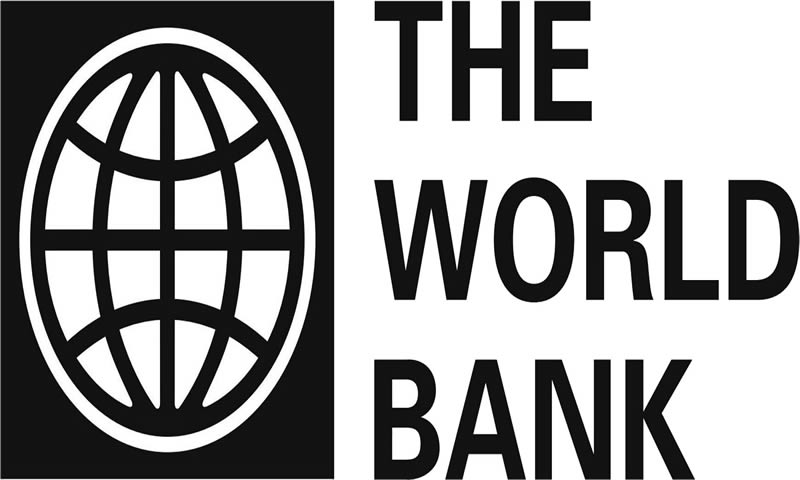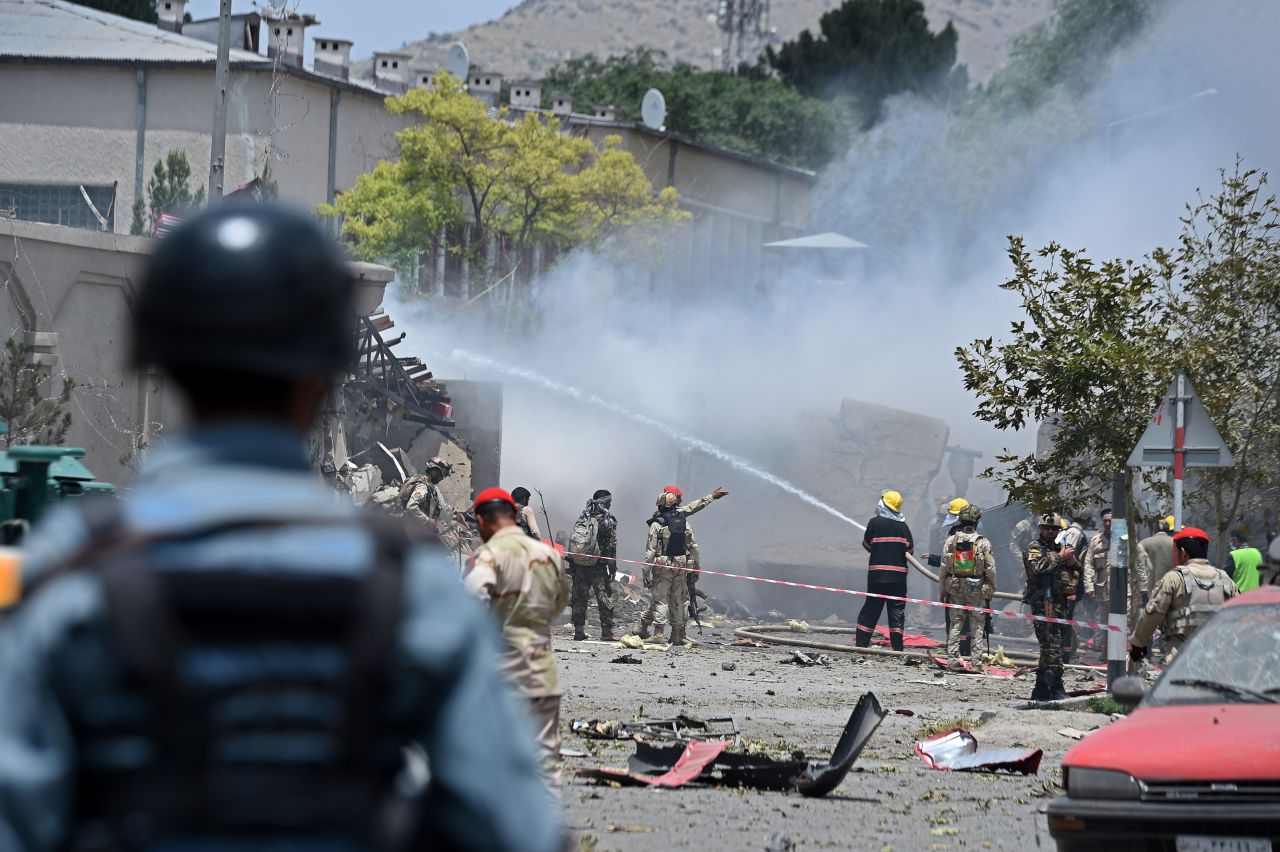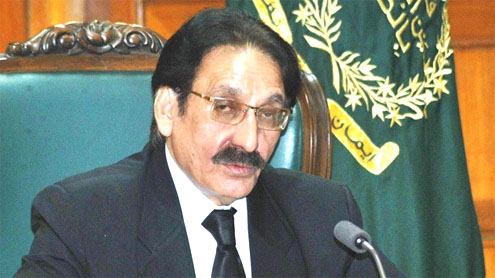Pakistan’s foreign exchange reserves are expected to touch $18 billion mark on Tuesday after disbursement of $500 million by the World Bank for development and growth.
[contentblock id=1 img=adsense.png]
Vice President of the World Bank’s South Asia Region Ms Annette Dixon called Finance Minister Ishaq Dar on Monday to congratulate him on successful completion of talks on Development Policy Credit-II and convey that “$500m would be released within 24 hours”.

In an official statement Ms Dixon lauded the reforms introduced by the government and its achievements despite a number of challenges and difficulties. Pakistan has signed with the World Bank the Second Fiscally Sustainable and Inclusive Growth Development Policy Credit of $500m to support its efforts to reinvigorate growth and stabilise the economy. Pakistan’s reserves stood at $17.449bn during the week ending on June 18 – around $12.3bn at the State Bank and the rest at private banks. Last week, the bank had approved the $500m loan to support the privatisation and revenue generation programmes, but deferred an equivalent loan for energy sector reforms because of slow progress on that front.
[contentblock id=2 img=gcb.png]
The DPC-II is meant to boost economic growth through fostering private and financial sector development, and mobilising revenue while expanding fiscal space to meet social needs. Half of the loan is to be used for tax policy and administration and the remaining for restructuring of state-owned entities and privatisation, regulation and competition policy and other private sector development and social safety nets. The government has committed to successfully completing the first equity and strategic sales of its privatisation agenda; broaden the tax net and remove Federal Board of Revenue’s legal empowerment to issue discriminatory Statutory Regulatory Orders. The government is also required to approve a Customs Tariff Rationalisation Plan, introduce one-stop shop for business registration, support the approval of a draft bill on private credit bureaus by the National Assembly and increase Benazir Income Support Programme’s cash transfer benefit and introduce conditional cash transfers for primary school enrolment.
[contentblock id=3 img=adsense.png]
The Fiscally Sustainable and Inclusive Growth series promotes inclusion by supporting measures to foster private investment for creating more and better jobs, by raising access to credit, increase household incomes and consumption by reallocating expenditures to priority education and health expenditures for the poorest segments of the population and by eliminating tax-exemption privileges; and by efficiently paying cash to the poor and vulnerable. The credit is financed from the International Development Association, the World Bank Group’s grant and low-interest arm, with a maturity of 25 years, including a grace period of five years.













